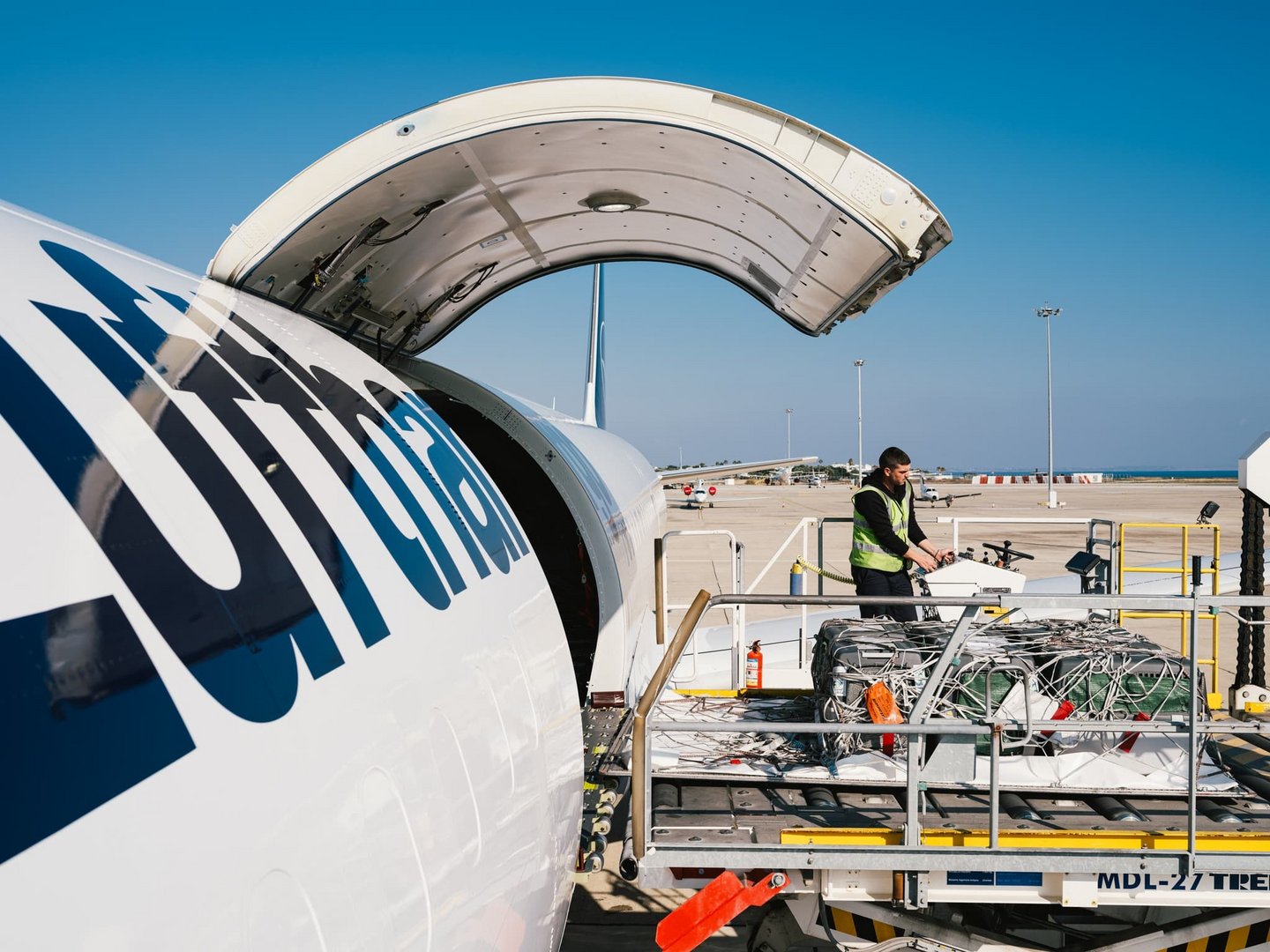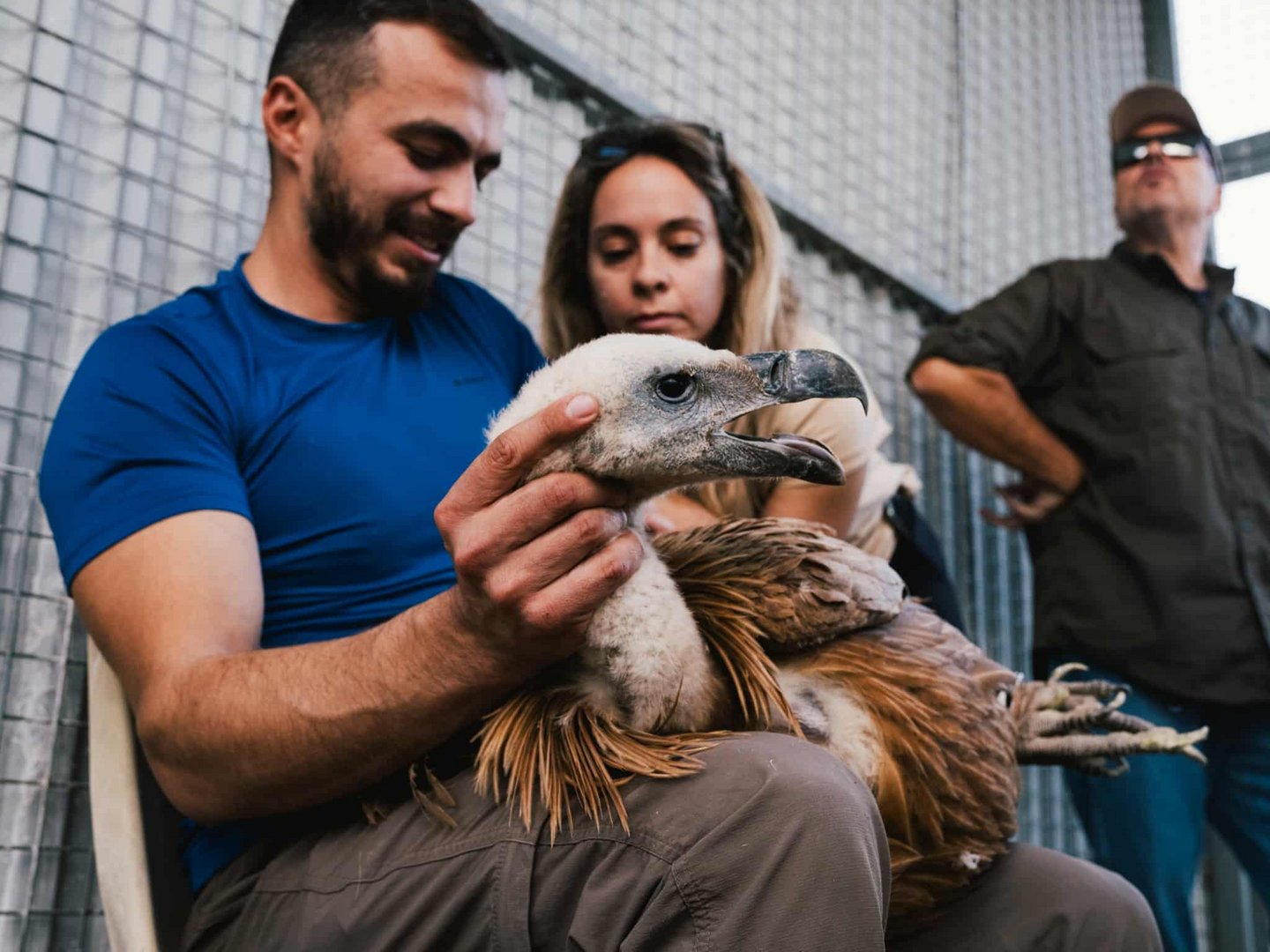Another 15 vultures have arrived in Cyprus from Spain as part of ongoing efforts to save the endangered Griffon Vulture species on the island, it was announced on Tuesday.
The birds were transported by air from Spain last week as part of the Living with Vultures programme, BirdLife Cyprus, the Game Fund, Vulture Conservation Foundation, and Terra Cypria said.
In total, 44 vultures have been transported to Cyprus under the programme, and 29 have already been released into the Cypriot countryside. The first batch of Spanish vultures was released in September 2022 while another group of birds from Spain was introduced in Cyprus a year later.
The 15 new vultures were placed in a special acclimatisation aviary of the Game Fund in the Limassol district, where they will remain for at least six months. Like the previously released vultures, satellite transmitters will be attached to monitor their movements and enable timely intervention in case of any issues.
Spain was chosen as the source for these vultures due to hosting a significant proportion, approximately 90-95 per cent, of Europe’s vulture population, with the Griffon Vulture population alone numbering 30,000 pairs.
The introduction of birds from other regions to strengthen and maintain populations of threatened species is a common practice worldwide.
Due to the extremely low number of vultures in Cyprus, the slow reproductive rate of the species, and frequent poisoning incidents, the Griffon Vulture population in Cyprus cannot recover without human intervention.

The birds arriving (Photos: Silvio Augusto Rusmigo)
A study by the Vulture Conservation Foundation showed the Cypriot population is predicted to disappear within the next 15 years if poisoning incidents remain at current high levels. To date, there are four poisoning incidents every five years.
However, with effective conservation measures, the population could recover within the next 25 years.
Out of the 29 Spanish vultures released so far, four have died. Two due to power lines; one from collision with aerial power lines and one from electrocution, while one died due to poisoning, and one due to disorientation.
To reduce mortality from power lines, the project team is in contact with the Electricity Authority of Cyprus to mark high-risk aerial lines and insulate poles to reduce the risk of electrocution.
Additionally, actions are being implemented to address the threat of poisoning, such as the two teams of poison detection dogs patrolling the Cypriot countryside.
Last December, for the first time in Cyprus, a specific individual was identified in connection with the illicit placement of a poisoned bait. In response, the Game Fund and the police imposed a non-judicial fine of €21,000.
The charges were related to the act of causing the death of wild endangered birds through the use of poison and intentionally killing and/or capturing a protected wild bird.







Click here to change your cookie preferences